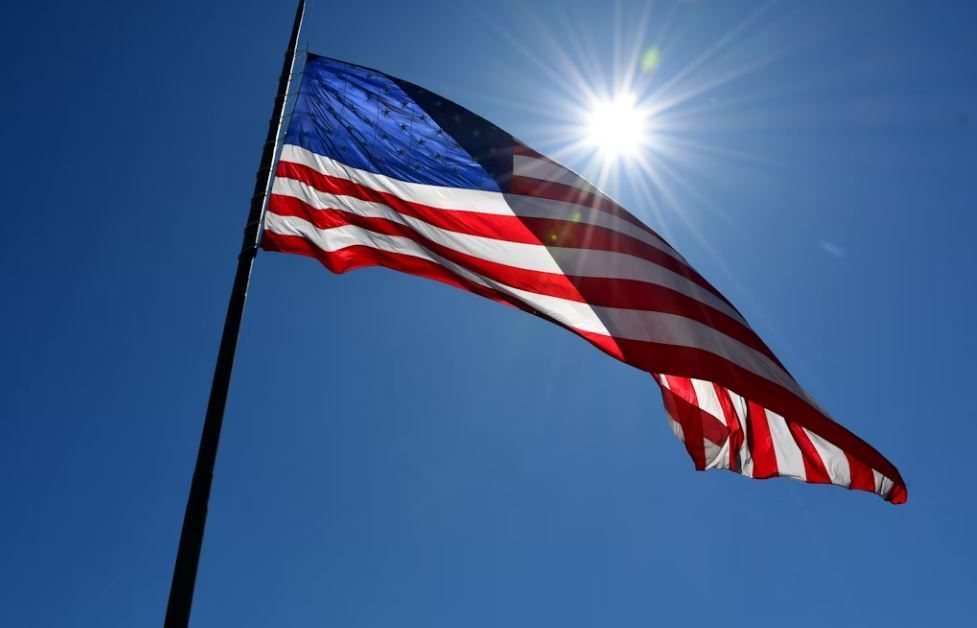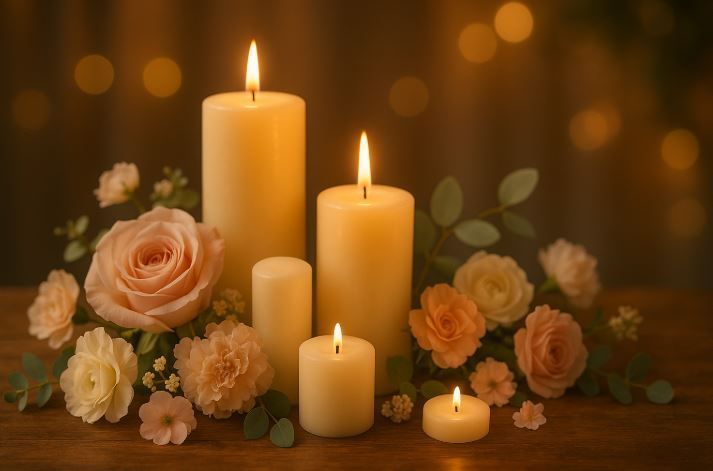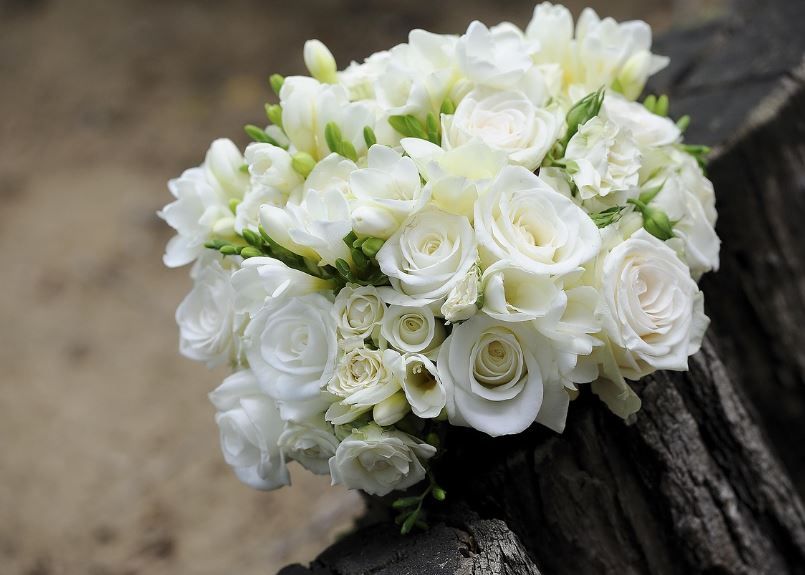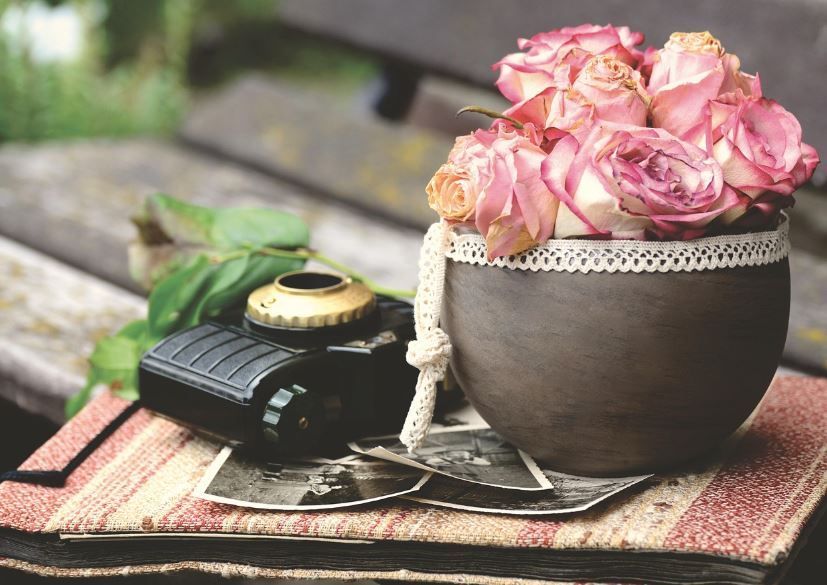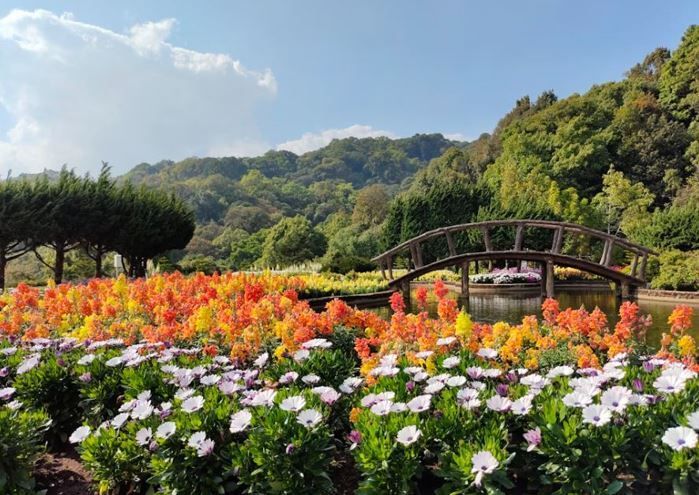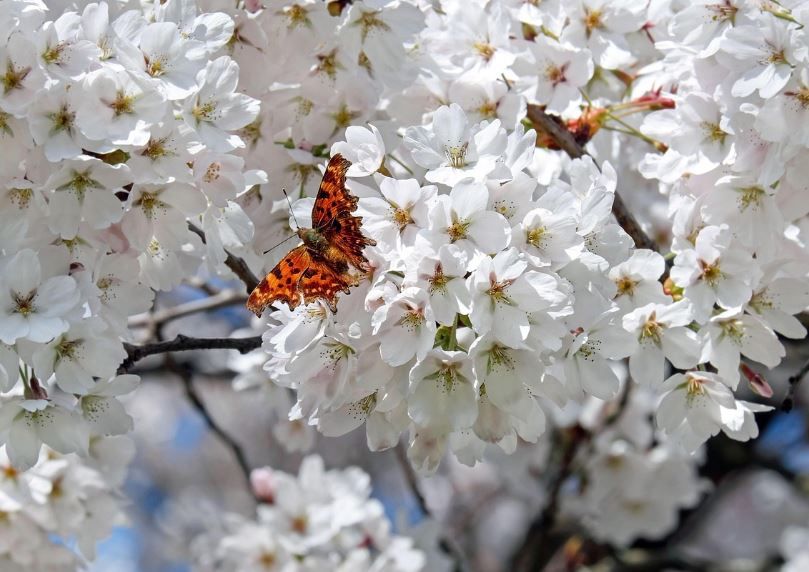The Influence of Cultural Practices on Memorial Services
Understanding cultural influences can greatly impact how we honor a loved one. Different cultures have unique traditions and beliefs that shape how memorials are conducted, and recognizing these differences helps create a meaningful and respectful ceremony.
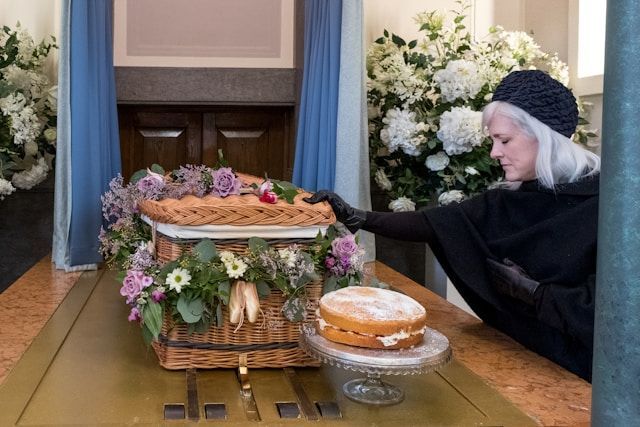
Understanding cultural influences can greatly impact how we honor a loved one. Different cultures have unique traditions and beliefs that shape how memorials are conducted, and recognizing these differences helps create a meaningful and respectful ceremony. At Corbett Funeral & Cremation, we have noticed how families today desire services that reflect their cultural heritage and personal values. As one of the funeral homes Nichols Hills, OK, we recognize that this trend toward personalized services highlights the importance of cultural sensitivity in our industry.
Cultural Diversity in Memorial Practices
Memorial services vary significantly across cultures, reflecting the diversity and richness of human traditions. For instance, in many Asian cultures, rituals emphasize honoring ancestors with offerings and prayers. In contrast, Western cultures often focus on celebrating the individual's life through eulogies and sharing memories. These differences illustrate the need for funeral homes to adapt to the cultural needs of each family. Understanding these variations ensures that we provide services that align with each family's expectations and beliefs.
Adapting to Cultural Needs
Funeral homes need to be flexible and knowledgeable to accommodate the diverse cultural needs of families. By understanding cultural traditions, funeral directors can ensure that memorial services honor the deceased in a way that resonates with the family's beliefs. This cultural adaptation is crucial in building trust and rapport with clients, allowing them to feel confident in their choices and the services provided. It is also important for funeral homes to engage with local communities, learning about their customs and traditions to better serve them.
Honoring Ancestors: Asian Cultural Practices
In many Asian cultures, ancestor worship is a significant aspect of memorial services. Families may participate in rituals that include offerings, prayers, and specific ceremonies to honor their deceased loved ones. These practices are rooted in deep respect for ancestors, emphasizing the continuation of family traditions. Funeral homes must be sensitive to these customs, providing guidance and support to ensure that services are conducted in accordance with the family's cultural values. This cultural understanding is essential in delivering meaningful and respectful memorials.
Celebrating Life: Western Traditions
In Western cultures, memorial services often focus on celebrating the life of the deceased. These services may include eulogies, music, and personal anecdotes, creating a reflective atmosphere where attendees can share memories and stories. This approach emphasizes the individuality of the deceased, celebrating their achievements, relationships, and impact on others. Funeral homes play a vital role in facilitating these services, providing the necessary support and resources to create a meaningful and memorable experience for the family and guests. This celebration of life is an essential aspect of Western memorial services.
Personalization Through Cultural Traditions
Incorporating cultural practices into memorial services allows families to personalize the ceremony, making it more meaningful and memorable. Personalization can involve incorporating traditional music, clothing, or food into the service. These elements can transform a standard memorial into a unique celebration that reflects the deceased's life and heritage. Personalization is not limited to cultural traditions; it also includes the personal preferences of the deceased and their family. By offering customized options, we enable families to create a service that truly honors their loved one's individuality and legacy.
Integrating Music and Traditions
Music often plays a significant role in memorial services, serving as a powerful way to honor the deceased. Different cultures have distinct musical traditions that can be integrated into the service, providing a meaningful and personalized tribute. For example, a family might choose traditional hymns, cultural songs, or contemporary music that reflects the deceased's personality and interests. By incorporating these musical elements, funeral homes can create a more intimate and memorable experience for families and attendees, enhancing the emotional impact of the service.
Traditional Clothing and Symbols
Clothing and symbols are often used in memorial services to represent the deceased's cultural background and personal preferences. Families may choose specific attire or symbols that hold cultural or religious significance, adding a personal touch to the service. This personalization allows families to honor their loved one's heritage and beliefs, creating a ceremony that reflects their values and traditions. In addition to these elements, some families choose to send flowers as a way to express love and respect. Funeral homes should provide guidance and support in selecting these elements, ensuring that the service is respectful and meaningful for the family.
Culinary Traditions in Memorials
Food is another important aspect of many cultural memorial services. Families may choose to incorporate traditional dishes or refreshments as part of the ceremony, providing comfort and familiarity to attendees. This culinary inclusion can be a way to celebrate the deceased's cultural heritage, allowing families to share their traditions with friends and loved ones. Funeral homes can assist in coordinating these culinary aspects, ensuring that they align with the family's wishes and cultural practices, enhancing the overall memorial experience.
The Role of Funeral Homes in Cultural Sensitivity
Funeral homes play a critical role in ensuring that cultural practices are respected and integrated into memorial services. This involves actively listening to the family's wishes and understanding the cultural significance of specific rituals and traditions. By collaborating closely with families, we can tailor services to meet their cultural and personal needs, creating a comforting and respectful environment. Our commitment to cultural sensitivity extends beyond the service itself. It includes providing resources and support to families as they navigate the complexities of planning a memorial. By planning ahead and offering guidance and expertise, we help families make informed decisions that align with their values and traditions.
Building Trust with Families
Building trust with families is essential in delivering culturally sensitive memorial services. Funeral homes must demonstrate a genuine commitment to understanding and respecting the family's cultural practices, providing personalized support and guidance. By fostering open communication and collaboration, funeral homes can build strong relationships with families, ensuring that their needs and expectations are met. This trust is crucial in creating a positive experience for families, allowing them to feel confident in their choices and the services provided.
Training and Cultural Competence
Funeral home staff should receive training in cultural competence to better serve diverse communities. This training involves understanding different cultural practices, beliefs, and traditions, enabling staff to provide respectful and informed services. By investing in cultural competence, funeral homes can enhance their ability to serve a diverse clientele, ensuring that all families feel welcome and supported. This commitment to cultural understanding is essential in delivering meaningful and respectful memorial services.
Collaboration with Cultural Leaders
Collaborating with cultural and religious leaders can enhance the cultural sensitivity of funeral services. By working with community leaders, funeral homes can gain valuable insights into cultural practices and traditions, ensuring that services are conducted in accordance with the family's beliefs. This collaboration can also help build trust and rapport with families, demonstrating the funeral home's commitment to respecting their cultural values. By fostering these partnerships, funeral homes can provide more inclusive and personalized services for families from diverse backgrounds.
Conclusion
Cultural practices significantly shape how we conduct memorial services, influencing everything from rituals to personalization. By recognizing and respecting these influences, funeral homes can offer services that genuinely honor a loved one's life and heritage. Our commitment to cultural sensitivity and personalized service sets us apart as one of the leading funeral homes Nichols Hills, OK. At Corbett Funeral & Cremation, we strive to honor each family's unique cultural heritage, providing compassionate and personalized support. If you wish to learn more about how we can assist in planning a culturally meaningful memorial service, we encourage you to call us at (405) 488-3848 for more information.

